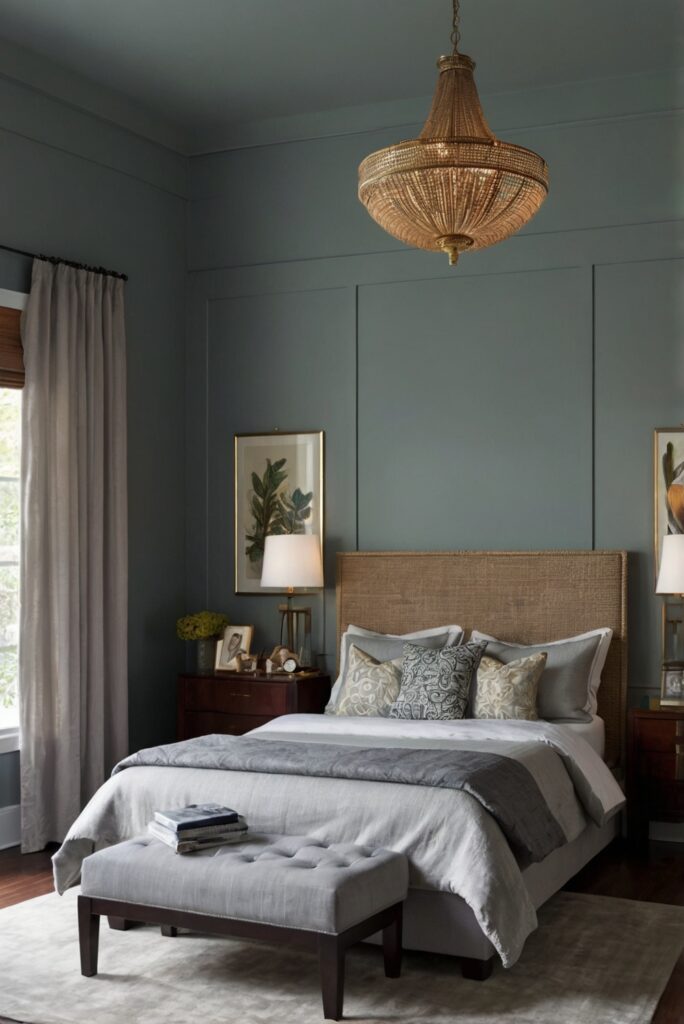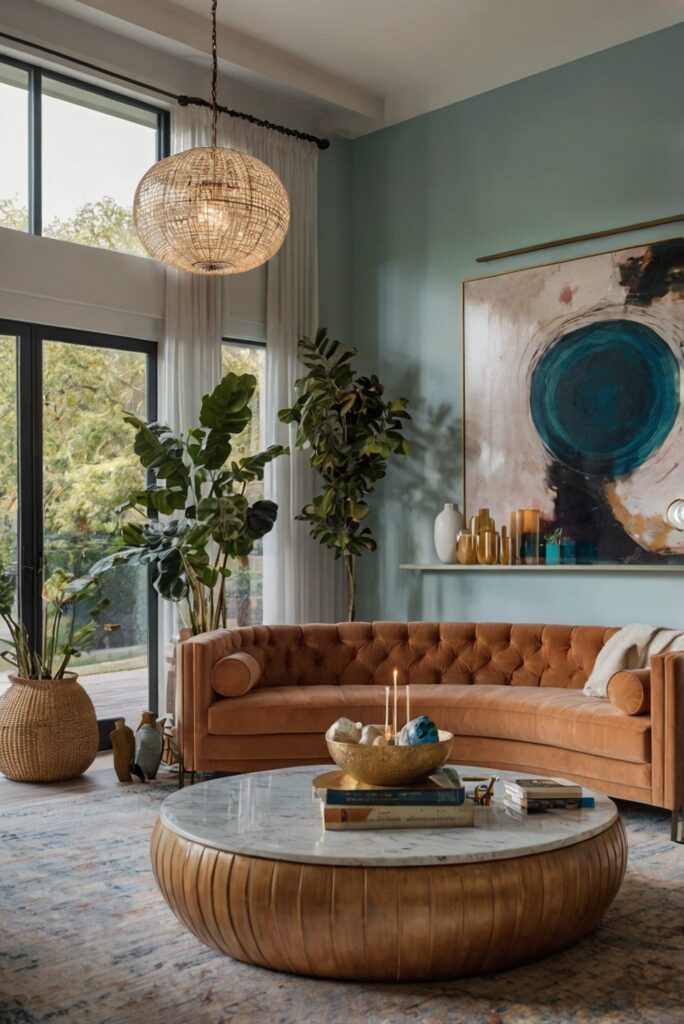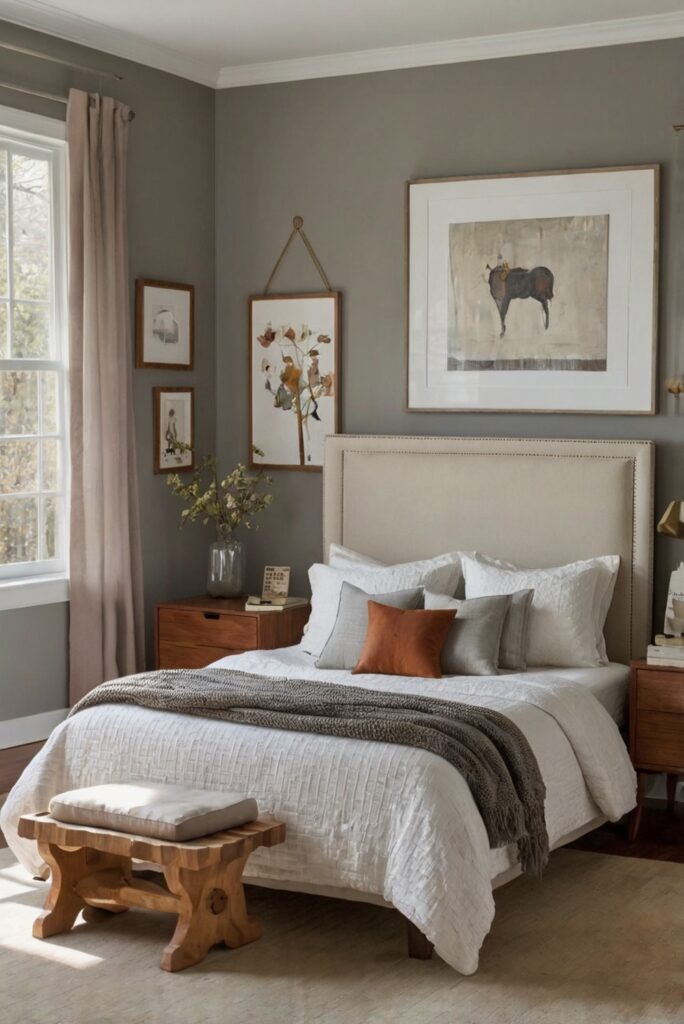Discover how to enhance architectural elements in your bedroom using paint. Elevate your space with these interior designer-approved techniques for a stunning transformation.
**How to Use Paint to Highlight Architectural Features in Your Bedroom?**
**Answer:**
To use paint to highlight architectural features in your bedroom as a daily routine with your home decor ideas, start by selecting the right paint colors that complement the design and style of your space. Consider using a primer paint for walls to ensure the color pops and lasts longer.
Focus on color matching painting to create a cohesive look throughout the room. When painting architectural features such as moldings or trim, opt for designer wall paint to add a touch of elegance.
Be sure to space one line for every 4 line to ensure proper organization and clarity in your design process. Keeping a consistent color palette and coordinating with your home interior design will help create a harmonious look.
Incorporating these tips will enhance the visual appeal of your bedroom and showcase the architectural elements effectively. Remember to consider the benefits of using paint as a tool for home decorating and interior design to achieve a polished and stylish space.
How to Use Paint to Highlight Architectural Features in Your Bedroom?
Paint can be a powerful tool to enhance the architectural features of your bedroom and create a stunning visual impact. Here are some tips on how to use paint effectively:
Choose the Right Colors:
Selecting the right colors for your bedroom can make a big difference in highlighting its architectural features. **Lighter shades** can help make a room feel more spacious and airy, while **darker colors** can create a cozy and intimate atmosphere. Consider the existing architectural elements in your bedroom, such as moldings, trims, and built-in features, and choose a color that will complement and enhance them.
Accentuate Architectural Details:
Use paint to draw attention to specific architectural features in your bedroom. **Painting trim and moldings** in a contrasting color can make them stand out and add visual interest to the room. You can also **highlight a feature wall** by painting it a different color than the rest of the room, drawing the eye to that particular area.
Play with Textures:
Experimenting with different paint textures can also help highlight architectural features in your bedroom. **Glossy finishes** can reflect light and create a sense of elegance, while **matte finishes** can add depth and warmth to a space. Consider using a combination of textures to enhance the different elements in your room.
Consider the Lighting:
The lighting in your bedroom can have a significant impact on how paint colors appear and highlight architectural features. **Natural light** can bring out the true colors of your walls and emphasize details, while **artificial lighting** can create different moods and effects. Be mindful of how light interacts with paint to achieve the desired look.
Experiment with Patterns:
Using paint to create patterns or designs on your walls can be a creative way to highlight architectural features in your bedroom. **Stripes, geometric shapes, or stenciled motifs** can draw attention to specific areas and add personality to the space. Consider using painter’s tape to create clean lines and precise patterns.
In conclusion, paint is a versatile tool that can help you enhance the architectural features of your bedroom and create a visually appealing space. By choosing the right colors, accentuating details, playing with textures, considering lighting, and experimenting with patterns, you can transform your bedroom into a stylish and inviting retreat. Experiment with different techniques and have fun exploring the possibilities that paint has to offer in highlighting the unique architectural elements of your room.
1. What are some popular architectural features in a bedroom that can be highlighted with paint?
Some popular architectural features in a bedroom that can be highlighted with paint include crown molding, wainscoting, ceiling beams, and built-in shelving. These features can add depth and character to a room when painted in a contrasting color or with a different finish.
2. How can you use paint to accentuate crown molding in a bedroom?
To accentuate crown molding in a bedroom, you can paint it in a shade that contrasts with the walls. This will draw attention to the molding and create a visual separation between the walls and ceiling. Choosing a glossy finish for the molding can also help reflect light and make the room feel more spacious.
3. What are some tips for using paint to highlight ceiling beams in a bedroom?
When highlighting ceiling beams in a bedroom, consider painting them a different color than the ceiling to make them stand out. Opt for a darker shade for the beams to create a striking contrast. You can also use a faux finish technique to give the beams a weathered or distressed look for added visual interest.
4. How can you use paint to enhance built-in shelving in a bedroom?
To enhance built-in shelving in a bedroom, paint the shelves in a color that complements the walls or adds a pop of contrast. Consider painting the back of the shelves in a different color to create depth and make the items on the shelves stand out. Adding decorative trim or molding to the shelves and painting them in a coordinating color can also elevate their look.
5. What are some general tips for using paint to highlight architectural features in a bedroom?
When using paint to highlight architectural features in a bedroom, consider the overall color scheme of the room and choose paint colors that complement each other. Experiment with different finishes, such as matte, satin, or gloss, to create texture and visual interest. Don’t be afraid to get creative with paint techniques, such as color blocking or stenciling, to make a statement with your architectural features.



